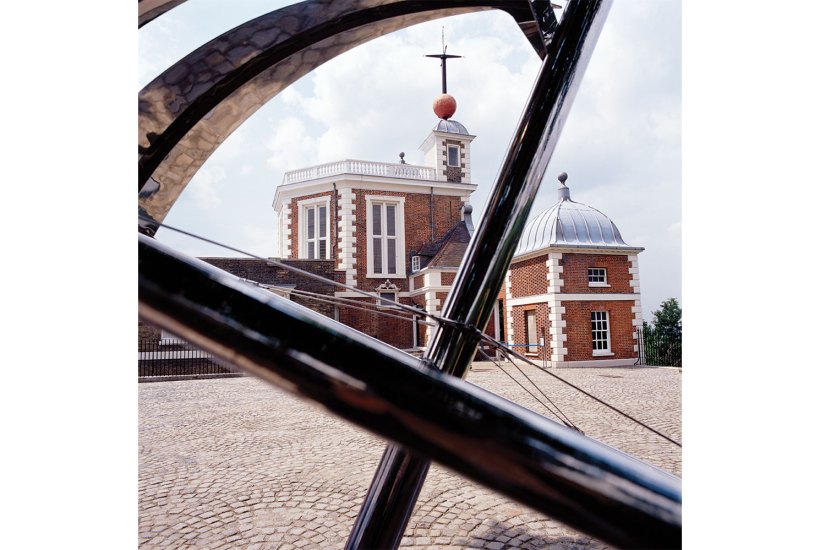Next week marks the centenary of the pips. On Monday at 9 p.m. a documentary will be broadcast on Radio 4 debating whether the six little tones which ring in each hour ought to be axed as obsolete or preserved for tradition’s sake. Some contributors will speak of them as annoyances – ‘the cockroaches of broadcasting’ is a memorable phrase – and others will ask what could possibly replace them.
Already a subscriber? Log in
Subscribe for just $2 a week
Try a month of The Spectator Australia absolutely free and without commitment. Not only that but – if you choose to continue – you’ll pay just $2 a week for your first year.
- Unlimited access to spectator.com.au and app
- The weekly edition on the Spectator Australia app
- Spectator podcasts and newsletters
- Full access to spectator.co.uk
Or
Unlock this article
You might disagree with half of it, but you’ll enjoy reading all of it. Try your first month for free, then just $2 a week for the remainder of your first year.








Comments
Don't miss out
Join the conversation with other Spectator Australia readers. Subscribe to leave a comment.
SUBSCRIBEAlready a subscriber? Log in